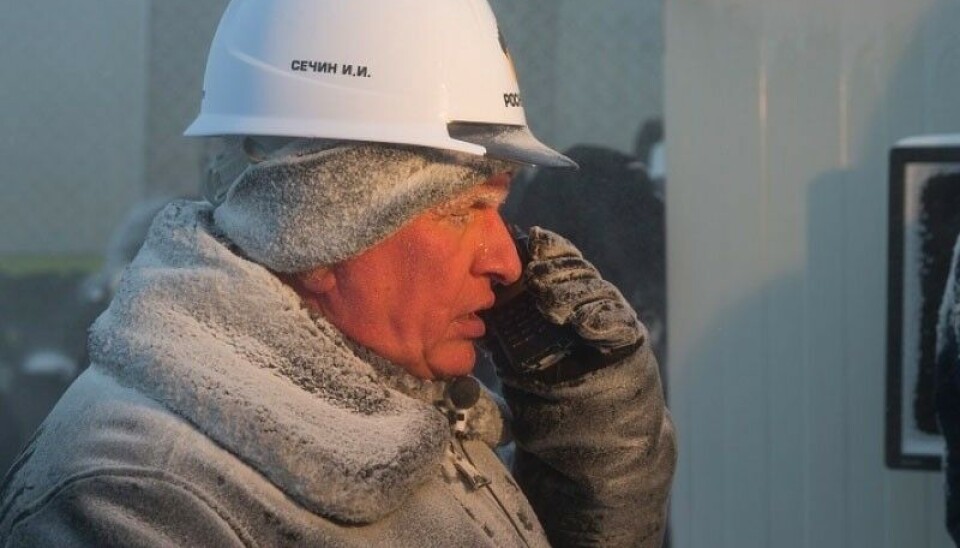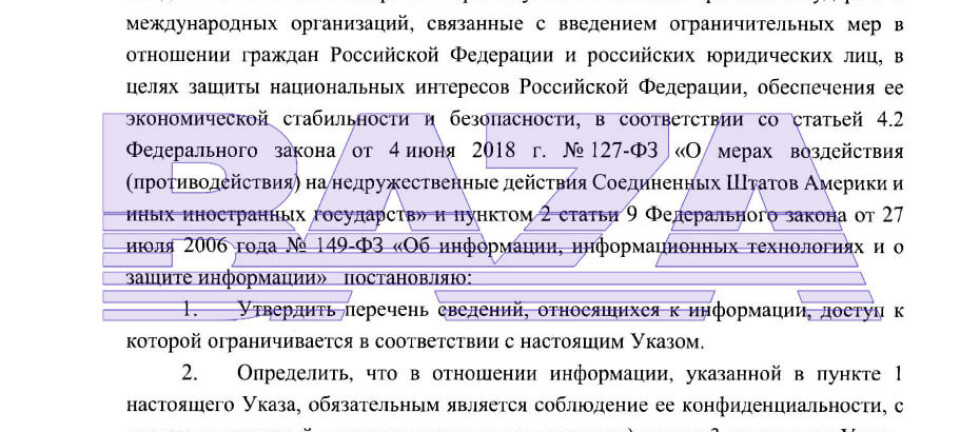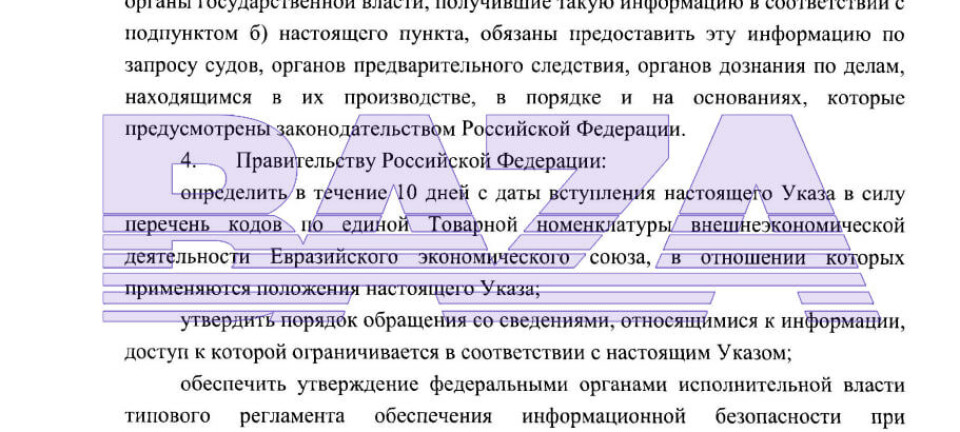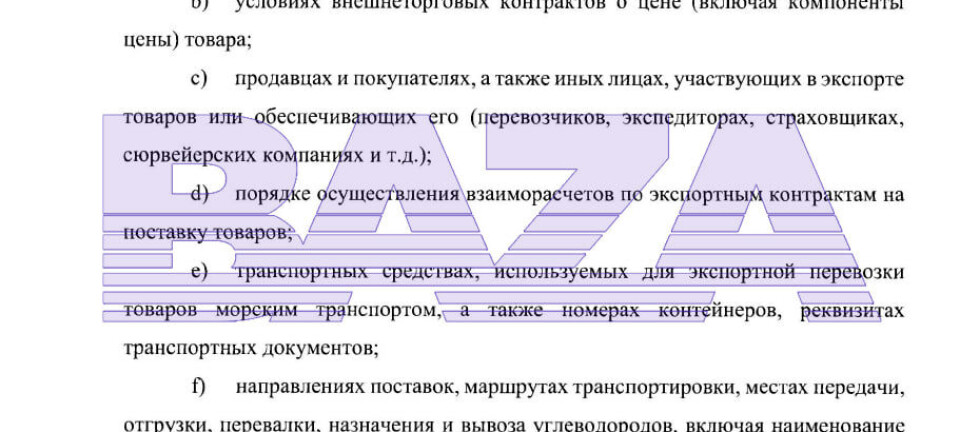
Putin's top oilman hints information about oil export should be made confidential
Igor Sechin and his Rosneft company appears to be behind a proposal to classify data on Russian oil export.
According to Telegram channel Baza, the draft decree proposes to restrict access to information on the export of Russian oil and petroleum products, including the names of the products, the quantity of the goods, as well as prices, names of sellers and buyers and other participants in export operations. It is also proposed to classify the payment procedures and information about transportation and vehicles, the Russian version of the Barents Observer reports.
Sechin is believed to have sent the document to Presidential Adviser Larisa Brycheva.
The draft document states that these measures are an "urgent response to the unfriendly and internationally unlawful actions of the United States and supporting foreign states and international organisations."
If the draft decree indeed exists and Putin signs it, the publication of the information listed in the document in the media will be prohibited.
The main goal of the decree is assumed to be the concealment of data on the export schemes of Russian oil companies and their counterparts, especially in the context of circumventing the price cap mechanism introduced by the G7 countries.
It is worth noting that a significant portion of official Russian statistics in the oil and gas sector has long been unavailable. In April 2022, the Central Dispatching Department of the Fuel and Energy Complex (CDU TEK, a branch of the Russian Energy Agency of the Ministry of Energy of the Russian Federation) ceased the publication of data on oil production and export, citing the possibility of using this data to pressure companies and the market as a whole. In April 2023, the Russian government banned the publication of information on hydrocarbon production.
In May 2023, amid tensions in the fuel market, the government closed statistics on gasoline production. In August of the same year, Russian Statistics (Rosstat) stopped publishing data on the monthly volumes of diesel fuel, fuel oil, liquefied hydrocarbon gases, coke, and semicoke production. This measure was aimed at preventing market manipulation and enhancing the country's energy security.

















